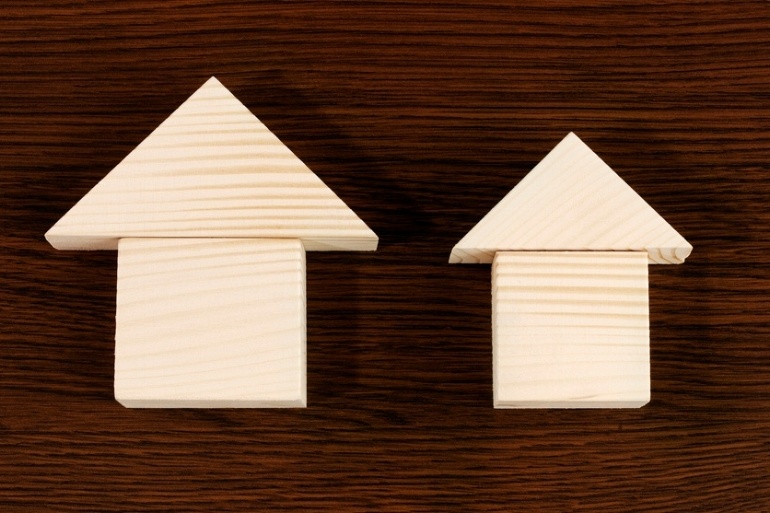 So you’re not sure whether a stand-alone house or an apartment/unit is the right choice? Here’s a few things to consider when making a decision on whether a house or apartment is better for property investment.
So you’re not sure whether a stand-alone house or an apartment/unit is the right choice? Here’s a few things to consider when making a decision on whether a house or apartment is better for property investment.
Understand the market you are investing in
There really is no point in choosing a house or apartment before knowing how both are currently placed in the property marketplace. So this is why you must do your research before deciding on whether one is better than the other, or which works best for you.
Consider locations, target markets, and collect all the information you can about the growth of rent and property values. And what do the most successful investors do? Spot suburbs that may soon surge in price, so if you can always buy somewhere before potential gains, then maybe it won’t matter if it is a house or apartment.
Land vs. building value
Some property investors argue that a stand-alone house is the best choice because land appreciates in value, while the building itself doesn’t.
But of course, when you buy an established home on a section, the land itself is usually only a small portion of the price (for example the house cost $400,000 to build, and the section was $200,000). Which means in the long run, the capital gains on the land isn’t huge - unless of course you sell in a hot market.
So the flip side is, if you buy an apartment in a premium landlocked suburb, you could purchase an investment that is sitting on property worth millions of dollars. Essentially it doesn’t matter ‘what’s on the land’, because the value is the ground it sits on.
Short and long term goals
Depending on the property you choose, some may have shorter term gains, and some may require you to ‘sit’ on the property for longer in order to earn the most potential profit from it. So if you work out your goals first, next you can look at what kind of property is able to provide the right path to success.
Supply and demand
In 1992 there were only 574 apartments in Auckland’s CBD, in 2001 there were 3771 units, and just six years later, in 2007, there were an estimated 14,500 apartments - an increase of 400 per cent. So what do all these figures mean? That there has been plenty of growth in the construction of apartments and units/condensed residential living. But until recently, these types of properties haven’t always been seen as a favourite when it comes to investing.
As noted in this article from Stuff.co.nz, the concern with apartments is that you can supply at a really aggressive rate, making oversupply a larger concern than that of traditional housing. Apartment prices can also be more volatile because a new development coming onto the market can depress prices, and in a downturn, investors often bail out of properties, such as apartments, first.
So what does this mean? Before jumping headfirst into buying an apartment for an investment, check what other developments might be occurring in the next five to 10 years which could have an impact on the value of your property.
Buying new or old stock
Maybe the thought of buying a brand new apartment is a lot more appealing to a not-so-new house. And this is a decision you need to make in line with your goals while also using the information from research you have undertaken.
Old stock may mean more maintenance, but new stock is likely to cost a lot more upfront.
--------
No matter which property you buy as an investment, tenants are a must. But how do you choose the right ones, while keeping the risky ones away? Download our must-have guide below:










